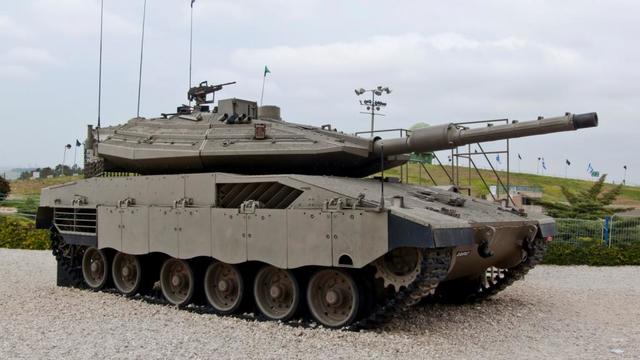I disagree, I do not think this is inevitable, I think this is happening intentionally. When I made my above linked post about Tureen, Marzipan and Proboscis, I assumed adventure designers were trying to make their products in accessible language, but I quickly found out that is not the case. In my above linked posts you will find designers proud of using language players will have to "look up in a dictionary". As a teacher I am dedicated to speaking in a plain manner that my students will intuitively understand, so I have a different perspective. I would never use the word "cistern" even if I do understand that some people want to impart medieval terminology.The problem with language, it's that it's often not at all clear which words are and aren't obscure. I would have thought that marzipan is a word any child would know, for example. And it's called the same thing in most European languages, so it would never have crossed my mind that it would trip up a non-native speaker either.
I buy products for ideas, relationships, tactics, puzzles or challenges that I could not create on my own. I rarely buy it for the opportunity to tell my players to look up words in a dictionary on a Friday night. I honestly think some of the adventure publishers are missing an incredible opportunity, there are many non-native english language speakers who would love d&d if it was more accessible. There were some great adventures in the 4e era that were dedicated to being accessible and easy to run. I loved the idea of having the "encounters" separate from the adventure proper, it made it far less intimidating (sadly that initiative didn't seem to work out as it was linked to all of the other 4e issues).
I think the people who are advocating for bullet points have a point. Tell me whats in this room and I will figure out how to tell them about it. OR write the box text in a clear, direct and accessible way.



